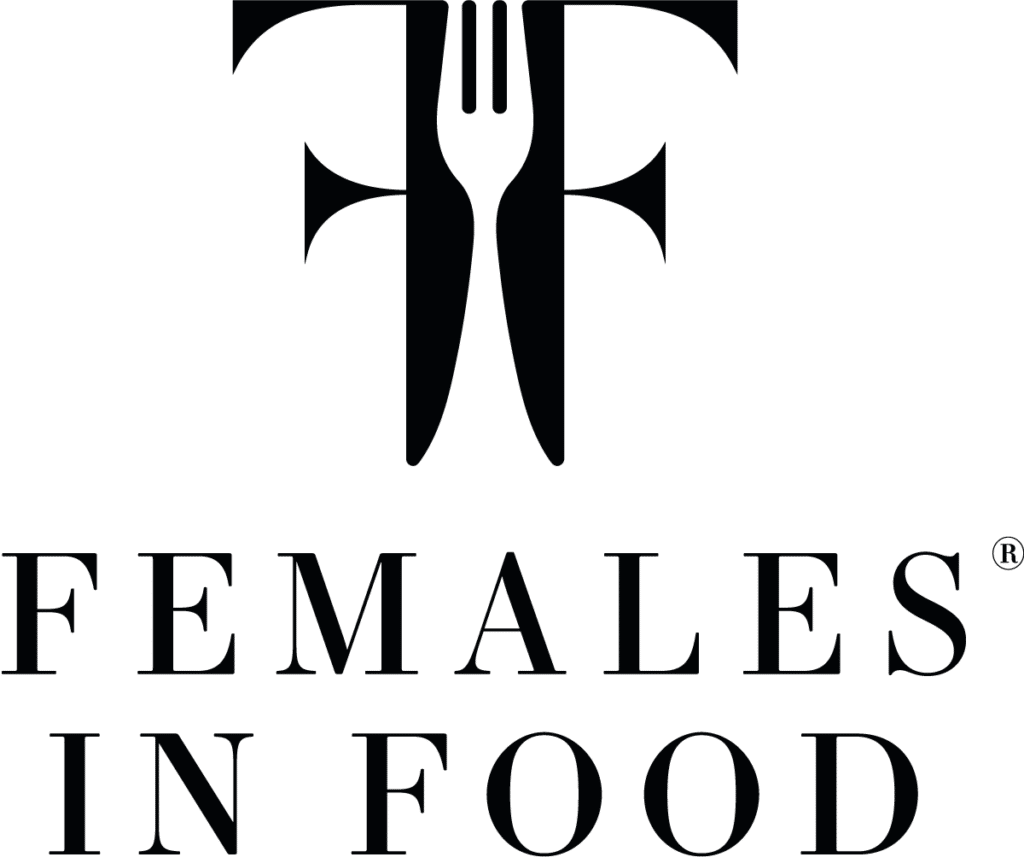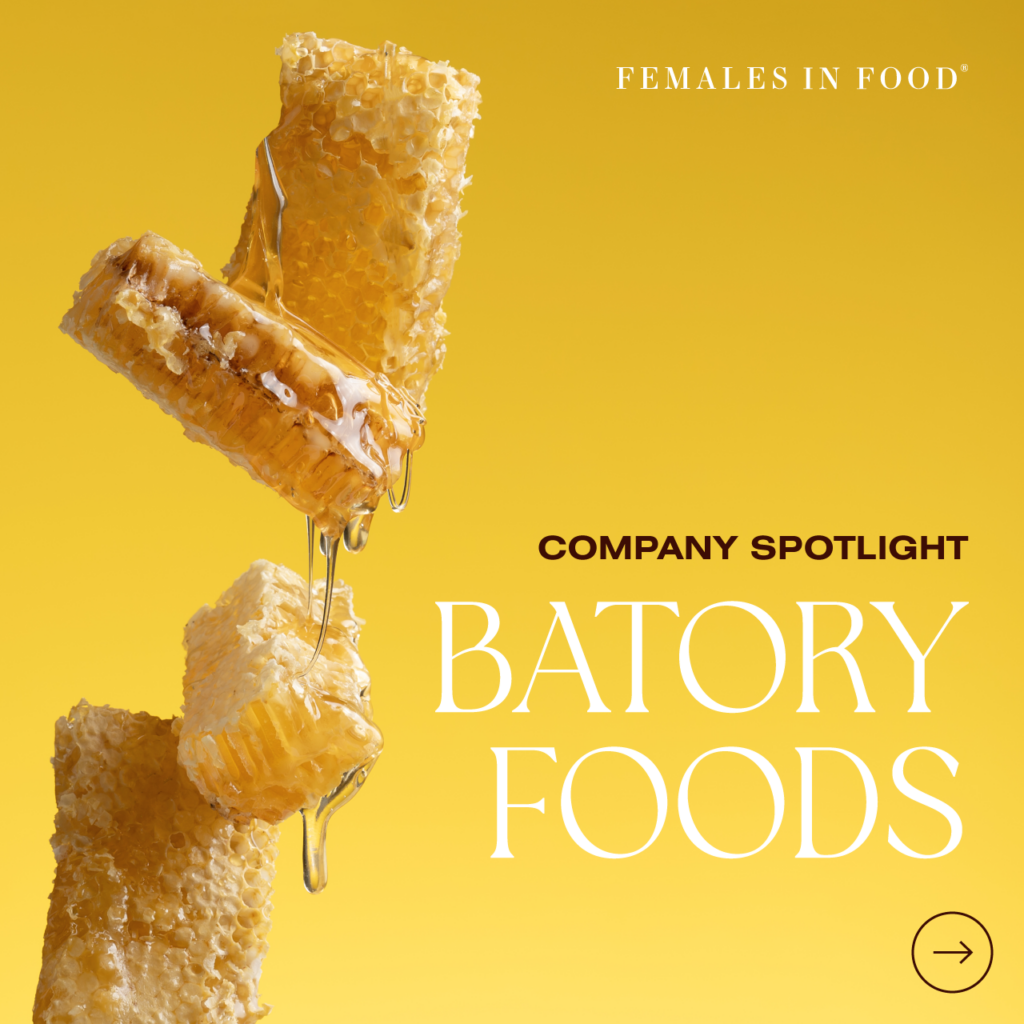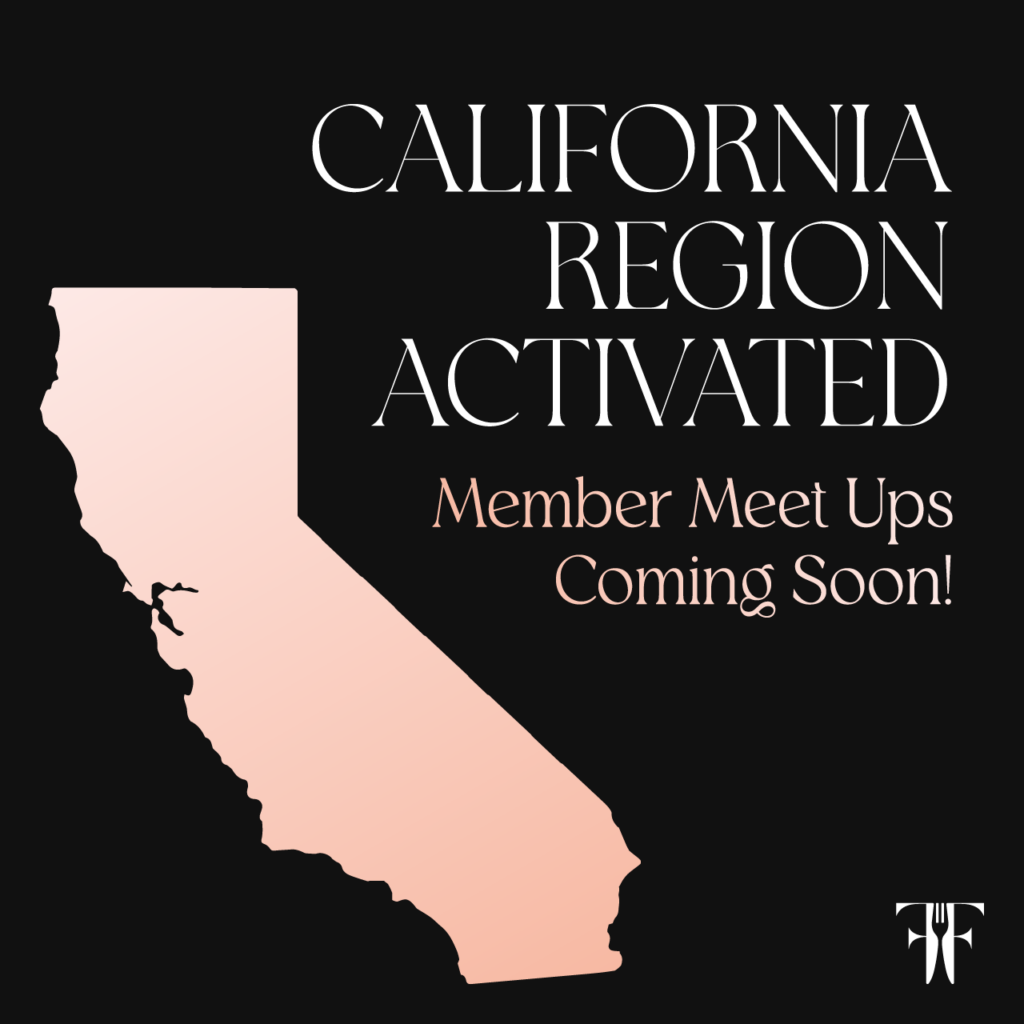What do you imagine it’s costing you, or more specifically your organization, in terms of time, money and resources to invest in developing emerging leaders who don’t stick around long enough to become your senior leaders?
Well, the answer is…A trillion dollars… That’s what U.S. businesses are losing every year due to voluntary turnover (Source: Bureau of Labor Statistics).
Voluntary turnover costs money. But, as any leader or manager knows, turnover has many costs that never register directly on a spreadsheet.
Losing your best people means losing your reliable winners, your constant innovators and your most effective problem solvers.
Internally, it significantly erodes team morale, while externally, it leads to the loss of valuable customer relationships. Considering that a significant proportion of this voluntary turnover comprises women, it becomes imperative for the Dairy industry, as well as the broader Food and Beverage industry, to undertake systemic changes.
Some of the top factors pushing women to depart from their roles include a lack of flexible work arrangements, inadequate paid family leave benefits, micro-aggressions in the workplace, inequitable pay, and a lack of development and career progression opportunities.
By investing in and supporting women leaders, organizations can drive long-term success by tapping into diverse perspectives and in turn, enhance innovation. While the root cause to these problems has been detailed by many researchers and experts, at Females in Food, we know first hand that if the solution was singular or easy – the industry would have already achieved gender parity in the industry.
To achieve meaningful and sustainable progress towards gender equality, the dairy industry needs to focus on two broad goals: getting more women into leadership positions and retaining the women leaders they already have.
However, two pipeline challenges put gender equality out of reach for most companies; the broken rung and the fact that women are leaving the workplace at the highest rate than in years past.
According to the 2022 Women in the Workplace report, we have seen modest gains in representation over the last eight years, however, with only 1 in 4 C-Suite leaders being women, they are still dramatically underrepresented.
Put the glass ceiling aside, the Broken Rung phenomenon is causing women to fall off the corporate ladder in droves. The broken rung refers to the phenomenon where women are disproportionately underrepresented in leadership positions, particularly at the first step up into management. This is a problem in the workplace for 4 reasons:
First, it limits diversity and the range of perspectives and experiences that are brought to the decision making process.
Second, it perpetuates gender stereotypes; when women are consistently passed over for promotions, it reinforces the idea that women are less capable than men in leadership roles.
Third, it can lead to a lack of role models; when women don’t see other women in leadership positions, it can be difficult for them to envision themselves in those roles.
Fourth, the economic consequences for an organization and the broader industry are real numbers that can’t be ignored. We know that when women are not represented in leadership, the earning potential and overall economic growth of a company and industry is reduced.

In a 2023 poll of 168 women in the dairy industry by IDFA, 61% of respondents said their gender has played a role in their missing out on a raise, promotion, key assignment, or chance to get ahead and nearly half of the respondents believe women have fewer opportunities to advance in their organization than men.

These are sobering statistics for the Dairy industry and part of the reason women are leaving the industry and workforce at greater numbers than ever before. It’s time for the dairy [and broader F&B] industry to take action and create a more inclusive and empowering environment for women to thrive and lead.
Together, we can do this by addressing the root causes for why women are leaving. Additionally, organizations can create workplaces that foster and champion women’s contributions such as implementing career development programs, mentoring and sponsorship initiatives, fostering community and networking opportunities, and adopting inclusive policies which are essential steps toward building a more equitable industry.
In addition, it’s important to recognize that women and men need different kinds of networks to succeed. In a recent study by Harvard Business Review, it was found that women who have a diverse and tight inner circle of female contacts are more likely to land executive positions with greater authority and higher pay. Women leaders are hungry for connection with other women who are or who have been on a similar journey and desire a place where they can candidly ask for help, share ideas, and receive ongoing professional development. This can be achieved by establishing internal ERG groups or by allowing female employees to join membership associations, such as Females in Food.

In order for the Dairy {and broader Food and Beverage] industry to thrive, it is crucial to acknowledge the need to address the existing leaks in the leadership pipeline. By doing so, we can prevent the loss of exceptional leaders and avoid wasting valuable time and resources on recruitment and development efforts that do not yield sustainable returns. This entails conducting a thorough assessment of what works and what doesn’t for women within your organization, setting specific and measurable goals for improvement, and holding yourself and your leaders accountable for driving progressive change.
It is essential to believe that change is possible and within our grasp. We must recognize that it starts with individual actions and a focus on progress rather than perfection. As the saying goes, “We can go fast alone. We can go further together.”
Start by initiating the important conversation within your company, knowing that there is industry support and valuable resources available through groups like Females in Food, which are dedicated to facilitating the necessary and desired shifts.
Let us remember the wise words of Ruth Bader Ginsburg: “Real change, enduring change, happens one step at a time.” By taking these steps together, we can create a more inclusive and prosperous future for the F&B industry.









